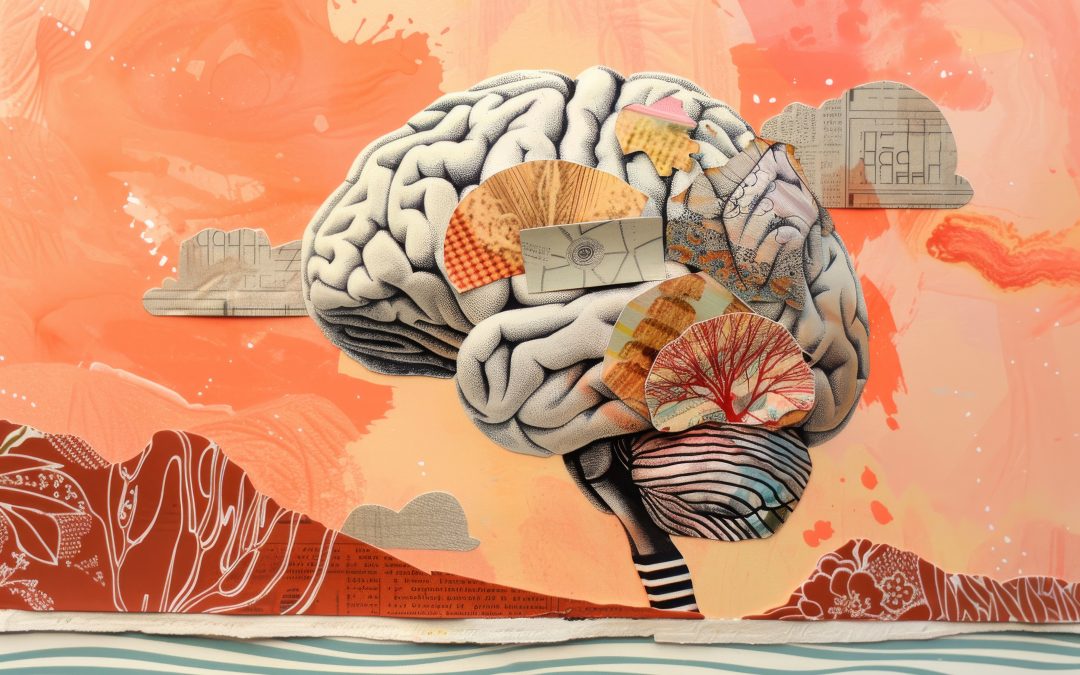Welcome to a journey through the fascinating landscape where neuroscience meets the quest for happiness. In today’s fast-paced world, understanding the roots of our emotions can be a game-changer for mental and physical well-being. This exploration into the neuroscience of happiness offers not just insights but practical strategies to enhance our daily lives. Let’s dive into the brain’s blueprint for bliss and uncover how we can apply these principles to foster a deeper sense of joy and fulfillment.
The Chemical Symphony of Happiness
At the core of our emotions lies a complex interplay of neurotransmitters, the brain’s chemical messengers. Dopamine, often dubbed the “feel-good” neurotransmitter, plays a crucial role in pleasure and reward. Serotonin influences our mood, happiness, and overall well-being, while oxytocin, the “love hormone,” fosters connection and trust. Understanding these chemicals provides a roadmap to enhancing our emotional health naturally and sustainably.
The Transformative Power of Neuroplasticity
One of the most groundbreaking discoveries in neuroscience is the brain’s ability to change and adapt—a phenomenon known as neuroplasticity. This adaptability is at the heart of our ability to recover, learn, and grow emotionally and physically. By engaging in practices that promote positive thinking, mindfulness, and gratitude, we can rewire our brains to support healthier, happier patterns of thought and behavior.
From Neuroscience to Daily Life: Practical Happiness Strategies
Translating the science of happiness into everyday actions can profoundly impact our well-being. Here are some neuroscience-backed strategies to start incorporating into your life:
- Practice Gratitude: Regularly expressing gratitude can enhance serotonin production, improving mood and happiness.
- Cultivate Mindfulness: Mindfulness practices can decrease activity in the brain’s amygdala, the area associated with stress and anxiety, and enhance connections in regions linked to positive emotions.
- Stay Connected: Building and maintaining strong relationships can boost oxytocin levels, enhancing feelings of love, trust, and overall happiness.
- Keep Moving: Physical activity increases dopamine and serotonin levels, contributing to better mood and energy.
Embarking on the Happiness Journey
Understanding the neuroscience of happiness doesn’t just enrich our knowledge—it empowers us to take concrete steps towards a more joyful and resilient life. By embracing the principles of neuroplasticity and the chemical basis of our emotions, we can navigate life’s challenges with greater ease and foster a profound sense of well-being.
As we continue to explore and apply these insights, we not only enhance our own lives but also contribute to a happier, healthier world. So let’s embark on this transformative journey together, embracing the science of happiness as our guide to a more fulfilling life.
Conclusion
The journey toward happiness is both an art and a science. By leveraging the insights of neuroscience, we unlock the potential for profound emotional well-being. The keys to this kingdom are understanding, practice, and patience. As we apply these principles in our daily lives, we not only elevate our own experience but also inspire those around us to embark on their own paths to happiness. Remember, the pursuit of happiness isn’t just about reaching a destination; it’s about embracing every step of the journey with mindfulness, gratitude, and connection.
FAQs: Your Questions, Answered
Immediate Addiction Help through Information
If you’re looking to turn the page and start a new chapter free from the binds of addiction, engaging with a self-help group can be a transformative step. Whether you’re seeking solace in the shared struggles of others or in need of a guiding hand, remember that places like MyRehab Helper are ready to aid you in finding the right group to support your journey to recovery.
For those eager to take that brave step towards overcoming addiction, remember that you’re not alone. Reach out by clicking the WhatsApp button or calling us via these channels: admissions@myrehab.co.za or by calling +27 72 794 5238 or +27 82 886 3996. Together, let’s discover the healing power of connection and shared recovery.

